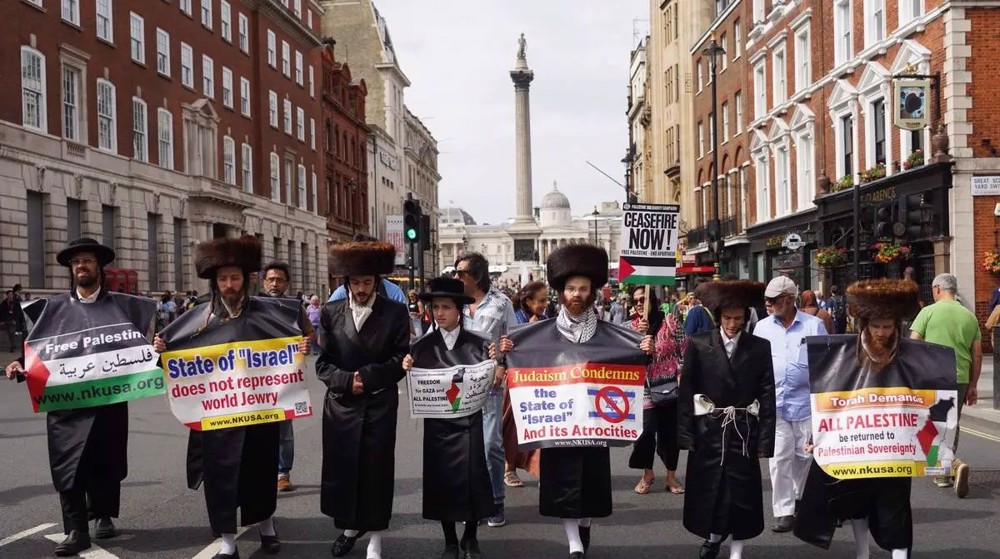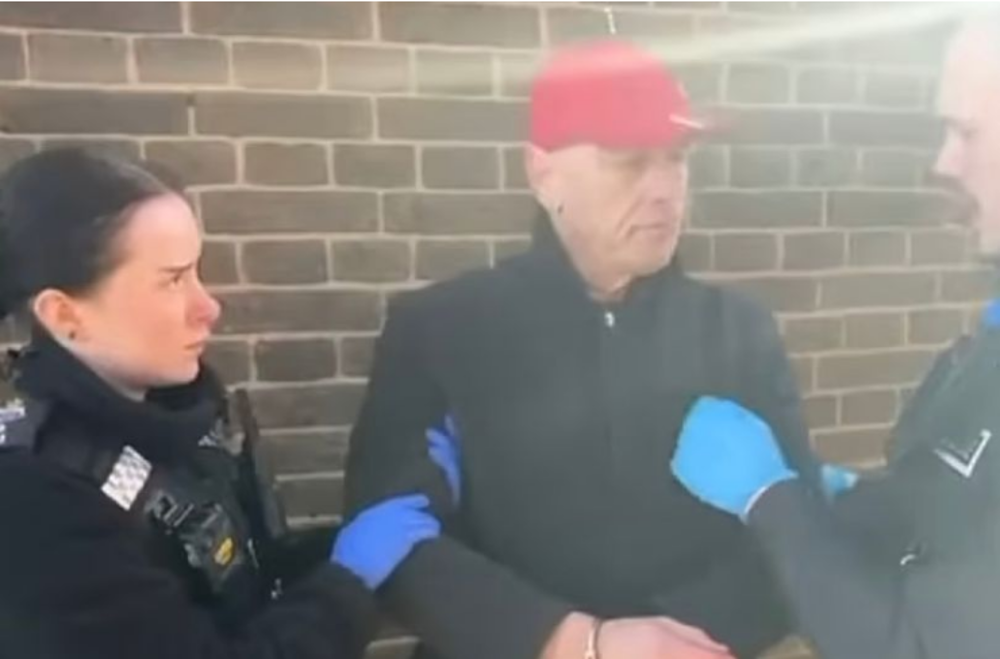Chilcot Inquiry: Iraq war 'unnecessary,' military action 'not last resort'
A long-delayed inquiry into Britain’s role in the 2003 US-led invasion of Iraq has offered a scathing critique of the military intervention, slamming former British prime minister Tony Blair for being too eager to support then US president George W. Bush.
The Chilcot Inquiry, established in 2009 to investigate Britain’s most controversial military engagement since the end of the Second World War, published its 6,000-page report on Wednesday.
The inquiry strongly criticizes the UK government’s decision-making process in the run-up to the invasion.
The circumstances in which the UK decided that there was a legal basis for military action were “far from satisfactory,” it says.
'Flawed' intelligence
Blair presented the case for war with “a certainty which was not justified” based on “flawed” intelligence about Iraq's supposed weapons of mass destruction (WMD), which was not challenged as it should have been, the report concludes.
The WMD program was the basis for launching the war.
“The evidence is there for all to see. It is an account of an intervention which went badly wrong, with consequences to this day,” inquiry chairman Sir John Chilcot said as he represented his report.

“The lesson is that all aspects of any intervention need to be calculated, debated and challenged with the utmost rigor. And, when decisions have been made, they need to be implemented fully. Sadly, neither was the case in relation to the UK government’s actions in Iraq,” he stated.
Blair to Bush: I'll be with you, whatever
It has long been rumored that Blair had offered strong backing to the Bush administration during his private dealings with the US president as planning was already underway for the invasion.
It turns out, as the inquiry reveals, that Blair promised Bush back then, “I will be with you, whatever.”
Blair sent an affectionate handwritten letter to Bush, praising his “brilliant” speech to the United Nations on September 12, 2002, during which the former president set out the case for war six months before it was launched.
The letter reads, “Dear George, it was a brilliant speech. It puts us on exactly the right strategy to get the job done. The reception has been very positive with everyone now challenged to come up to the mark. Well done. Yours ever, Tony.”

US ties a 'determining factor'
The inquiry acknowledges that Blair’s desire to preserve the UK’s special relationship with Washington was a “determining factor” in the decision to join the war.
In the wake of the September, 11, 2001 attacks in the United States, Blair “took an active and leading role” building a coalition to counter the threat of terrorism, according to the report.

Military action 'not last resort'
Furthermore, the inquiry concludes that military action was “not a last resort,” saying the UK chose to go to war before the peaceful options had been exhausted.
'No imminent threat'
The report also maintains that there was “no imminent threat” from former Iraqi dictator Saddam Hussein in 2003.
Blair told British MPs before the invasion that intelligence showed Saddam Hussein had “active”, “growing” and “up and running” nuclear, biological and chemical weapons.


Before the report was released, prosecutors at the International Criminal Court (ICC) ruled out the prospect of putting Blair on trial for war crimes committed during the war in Iraq.
The ICC said its prosecutors would instead examine the Chilcot report for evidence of war crimes by British troops, angering families of soldiers killed in Iraq.
The court said that the decision to launch the war was outside its jurisdiction, meaning that Blair would not be prosecuted.
A number of British lawmakers, meanwhile, are reportedly seeking to impeach Blair using an ancient parliamentary law.
The MPs say the former prime minister should be prosecuted for breaching his constitutional duties and taking the country to an illegal war.
Not used since 1806, the process simply requires an MP to propose a motion and support evidence for an impeachment. A simple majority is needed to convict and pass a sentence.

Blair may also face legal action from grieving families on the grounds that he exceeded his powers and that led to mass casualties. Some 179 British soldiers were killed during the course of the war.
The invasion plunged Iraq into chaos, resulting in years of deadly violence and the rise of terrorist groups like Daesh (ISIL). The war led to the deaths of more than one million Iraqis.
UNRWA unraveled amid Israel's allegations, reduced intl. support
Palestinian journalist, a Sobh Media Festival awardee, killed in Gaza hours before truce
Jan. 15: ‘Axis of Resistance’ operations against Israeli occupation
VIDEO | US fires: Criticism mounts over govt. failure to respond
VIDEO | Fears, hope in Gaza amid intensified ceasefire efforts
VIDEO | Press TV's news headlines
Hamas: Ceasefire agreement result of steadfastness, resistance in Gaza over 15 months
Hamas thanks Iran, Resistance Front following achievement of ceasefire in Gaza
















 This makes it easy to access the Press TV website
This makes it easy to access the Press TV website